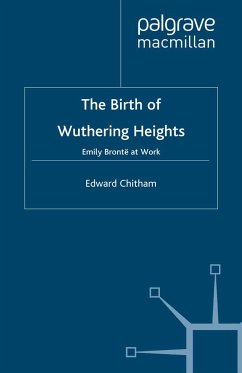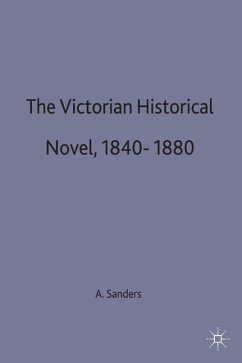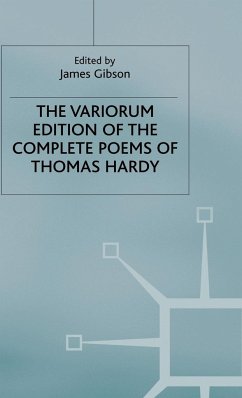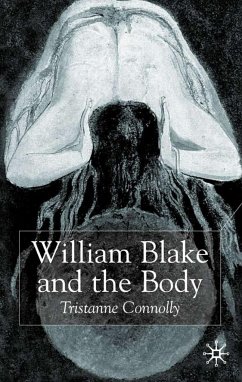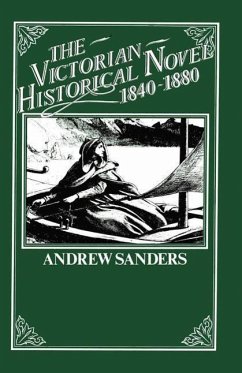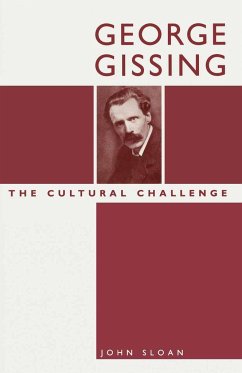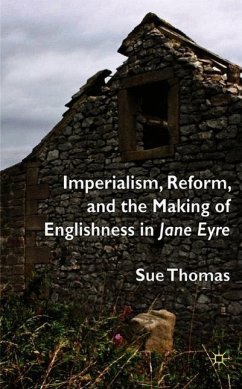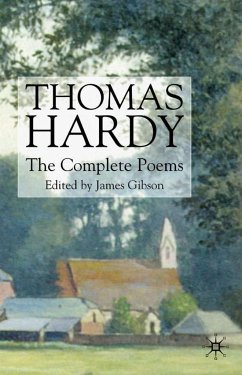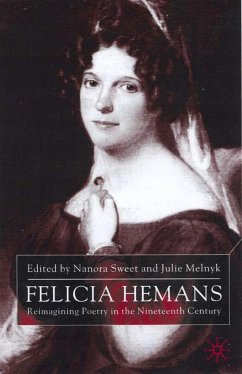
The Birth of Wuthering Heights
Emily Brontë at Work
Versandkostenfrei!
Versandfertig in 6-10 Tagen
76,99 €
inkl. MwSt.
Weitere Ausgaben:

PAYBACK Punkte
38 °P sammeln!
In The Birth of Wuthering Heights , Edward Chitham explores the sources of Emily Brontë's inspiration and the ways in which she composed her poetry and her one major novel This key study discusses the probable content of her unfinished second novel and also makes use of new discoveries to show that Emily Brontë was not only well-read in the classics, but that she had also made her own translations of Virgil and Horace. It also foregrounds the publishing history of Wuthering Heights , revealing how the original text was almost doubled in size from its first submission to a publishers and its ...
In The Birth of Wuthering Heights , Edward Chitham explores the sources of Emily Brontë's inspiration and the ways in which she composed her poetry and her one major novel This key study discusses the probable content of her unfinished second novel and also makes use of new discoveries to show that Emily Brontë was not only well-read in the classics, but that she had also made her own translations of Virgil and Horace. It also foregrounds the publishing history of Wuthering Heights , revealing how the original text was almost doubled in size from its first submission to a publishers and its final acceptance. This book, published for the first time in paperback, provides a fascinating insight into Emily Brontë's mind and working methods.





